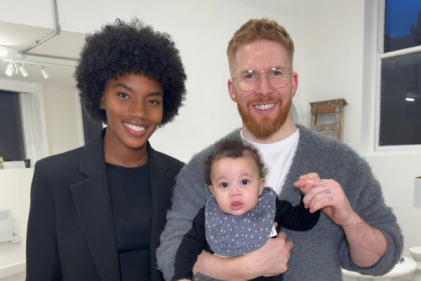You might not like it when your toddler refuses to share her dollies with her friends, but you can rest assured she is not acting out of character for a child of that age. In fact, when a group of toddlers play together, you are likely to see more than one trying to yank a toy away from another child, shouting ‘mine!’
This kind of behaviour is par for the course with toddlers, and it is your job, as a parent, to teach them how to share. Take every opportunity to teach by example. Give her a bite of your cookie, or a sip of your juice. When he or she does the same, or shows signs of sharing in some other way, heap praise on them. Remember, toddlers love to get their parent’s approval, so they are more likely to carry on with behaviour you like if they are getting recognition for it.
If you notice that your child has started exhibiting, what’s known as ‘proto sharing’ – letting people touch or use objects without letting them go, that’s a good sign. It is one of the first steps in learning to share.
When your child does not want to share, do not reprimand him or her. Rather tell your child that it is not nice not to share, and that you are disappointed. If it becomes a big problem, rather avoid the issue by hiding their prized toys before friends arrive.
This kind of behaviour is par for the course with toddlers, and it is your job, as a parent, to teach them how to share. Take every opportunity to teach by example. Give her a bite of your cookie, or a sip of your juice. When he or she does the same, or shows signs of sharing in some other way, heap praise on them. Remember, toddlers love to get their parent’s approval, so they are more likely to carry on with behaviour you like if they are getting recognition for it.
If you notice that your child has started exhibiting, what’s known as ‘proto sharing’ – letting people touch or use objects without letting them go, that’s a good sign. It is one of the first steps in learning to share.
When your child does not want to share, do not reprimand him or her. Rather tell your child that it is not nice not to share, and that you are disappointed. If it becomes a big problem, rather avoid the issue by hiding their prized toys before friends arrive.



